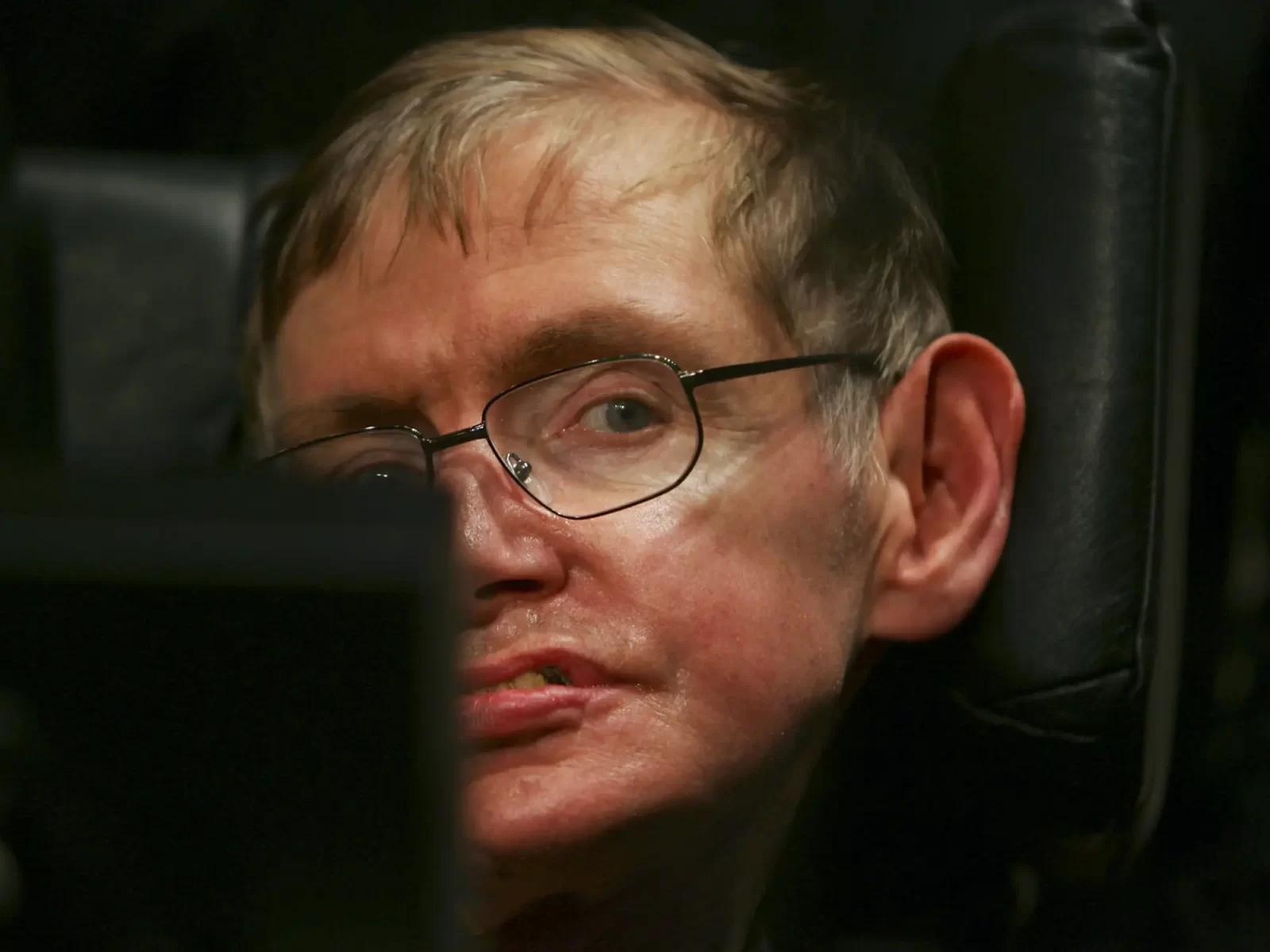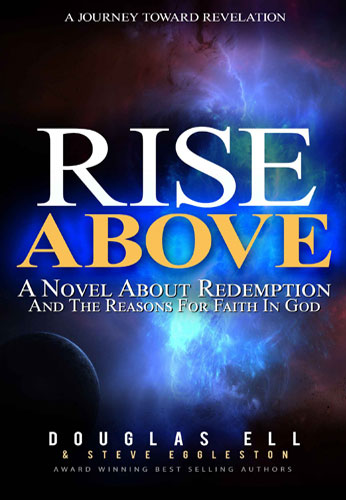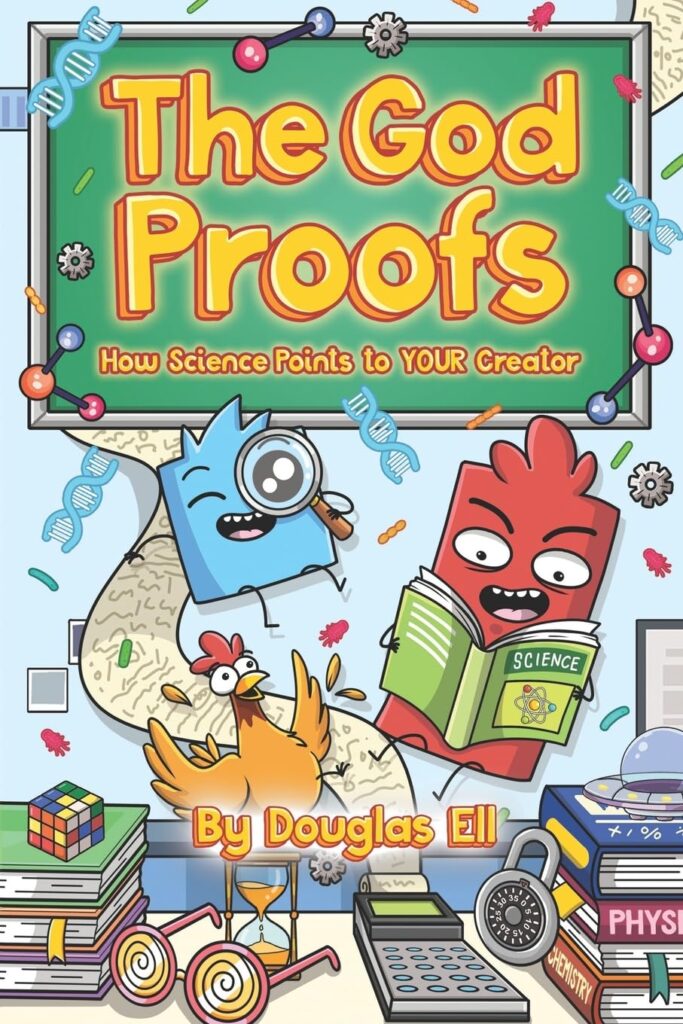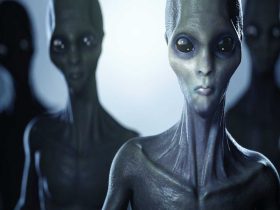Stephen Hawking was exceptional. He fought ALS for 55 years, perhaps longer than any other person. Despite being confined to a wheelchair for most of his life, and unable to communicate fully, he made significant contributions to physics.
But Hawking had a blind spot when it came to God. Even though his own discoveries pointed to God, he refused to believe.
He died March 14 at age 76. When he was born, most people thought the universe was eternal – that it had always existed. Hawking helped change that view, helped convince others the universe had a beginning. As I show in Chapter 7 of Counting to God, this now undeniable scientific conclusion points to a first cause, a cause outside of time and space. It points directly to God. Yet Hawking refused to accept his own evidence. In an interview, he stated:
Before we understand science, it is natural to believe that God created the universe. But now science offers a more convincing explanation.
But his problem, and the problem of every other Atheist, is that there is no scientific experiment or fact-based theory that can explain a universe created from nothing. One of the most respected laws of physics, the First Law of Thermodynamics, states that mass/energy cannot be created or destroyed. Hawking denied the First Law. He wrote “Because there is a law such as gravity, the universe can and will create itself from nothing.”
Voltaire wrote: “To the living we owe respect, to the dead we owe only the truth.” The truth is Hawking’s statement is one of the most illogical statements ever made. As English mathematician John Lennox pointed out, it is triple nonsense. First, where did gravity come from? “Who put it there? And what was the creative force behind its birth?” Second, how can a law of physics create something from nothing? “The laws of physics can explain how the jet engine works, but someone has to build the thing, put in the fuel and start it up.” Third, what was the torch, the first cause, to start the process? “Who lit it, if not God?”
Hawking’s books sold millions, but many languished unread on coffee tables. It wasn’t just because they were difficult; it was because in key ways they didn’t make sense. Hawking tried to use math and geometry to avoid the question of how time began. He compared asking what happened before the universe was created to asking what’s south of the South Pole. He invented a concept of “imaginary time,” where time has multiple dimensions like the surface of the Earth. But imaginary time is just that, imaginary. It’s cute math to deny God, but without a shred of scientific evidence.
The fine-tuning of the laws of physics, Chapter 8 of Counting to God, was another major problem for Hawking’s Atheism. In his youth, he developed a formula that showed how fine-tuned gravity had to be for the universe to not fly apart and to not collapse on itself. Paul Davies used that formula to compute that the gravitational constant was fine-tuned to at least one part in a number with 60 zeros. Getting that precision by chance is like picking a special, marked marble out of a pile of marbles 100 light years in diameter, big enough to include thousands of stars. Hawking knew that. He wrote:
The laws of science, as we know them at present, contain many fundamental numbers, like the size of the electric charge of the electron and the ratio of the masses of the proton and the electron. . . . The remarkable fact is that the values of these numbers seem to have been very finely adjusted to make possible the development of life.
Yes, fine-tuning is a “remarkable fact.” It is also remarkable, and ironic, that Steven Hawking could prove fine-tuning but not accept God.
His story was worthy of a movie, and indeed became one in the award-winning 2014 film The Theory of Everything. But because Hawking rejected God, he missed the true theory of everything. It has three letters: G O D. Only God can explain a universe created from nothing. Only God can explain the fine-tuning of the universe. Only God can explain the enormous amount of information needed to build every living creature.
Thanks for reading. Have a blessed Easter.
Doug


















Leave a Reply